
By Beatrice Tridimas
Founded in 2018, the innovative online plug-in for brands, Tip Me, which allows you to add a tip at checkout is changing the way we buy. A small gesture of appreciation, a tip, is something we are used to leaving at a restaurant or after a long taxi ride. But with Tip Me, you can show your appreciation for the people who make your shoes or jeans.
Partnered with fashion brands who manufacture in Vietnam, Pakistan or with Syrian refugees in Germany, each and every tip you contribute goes directly to an individual worker who can then use the money for what they need. More than contributing to the fight against global inequality, Tip Me asks us to reimagine the way we consume and reminds us that behind every pair of shoes or every pair of jeans there is a person.
I talked to Tip Me’s founder, Jonathan Funke, over Zoom to discuss the importance of human to human connection, the future of ethical business and how, with Tip Me, a little goes a long way.
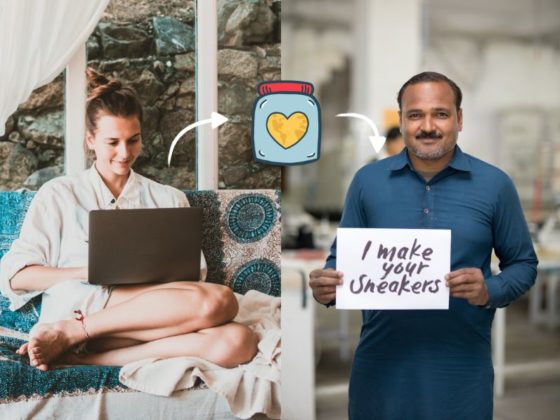
What lead to you creating Tip Me?
I’ve been an activist pretty much my whole life so while other teenagers were out partying, I would sit down each and every week and I would write pages of articles on how to live more sustainably. And then through that activism I got into fashion and I joined a demonstration against Primark.
I was sharing flyers with people who were standing in line outside Primark, and the flyer says only 3% of what you pay for a product actually goes to the people that made it and that just felt so unfair. If there was only a safe and direct way that I could pay 3% and actually know that it makes it to these actual workers, I could double their wages. I want to make that possible.
A tip is an interesting concept. Its function is engrained in us for certain transactions, like paying a bill at a restaurant, but not for others. What is the power of a tip?
I think what we are seeing currently is that for both the consumers here in Europe and for the producers in South East Asia, a tip boils down to appreciation. So, when we ask consumers ‘why are you tipping these people’ they say ‘because I really want to show my appreciation for their work.’ And when we ask the producers in Pakistan, for example, ‘how do you feel when you get a tip from Germany or the UK or wherever,’ they say ‘I feel seen, I feel respected, I feel appreciated for the work I do every day.’
It is a way to fight global inequality. It is a way to give additional income to people that deserve it. But, in the end, it’s about showing appreciation and connecting consumer and producer directly.
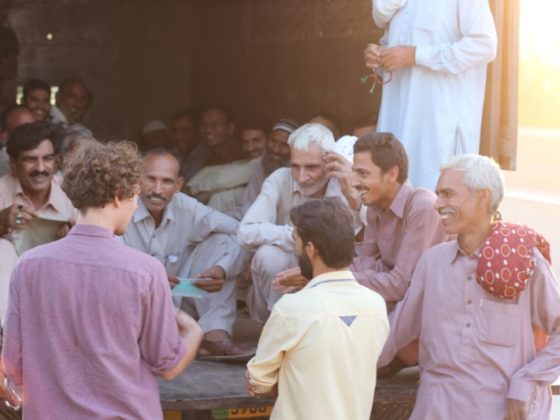
The way we consume is constructed to stop us from thinking that there are humans on the other side of what we buy. How much do you think the relationship between the consumer and the producer can actually change?
There are so many things to fix in the fashion industry right now. I think Who Made My Clothes is a really, really powerful movement. Millions of people join every year, but I want Who Made My Clothes not to be a hashtag just once a year. I want it to be a part of every consumption decision we make. The good thing actually is that we see in our numbers that it is starting to work. Consumers that tip say that it’s the future.
The work all the NGOs and certifications and institutions made in the last twenty thirty years is amazing.
We want to make the consumer understand the direct impact that they have on human beings and it feels like it’s working quite well.
How big an impact can changing the way we consume have on the way we run businesses and supply chains?
I think it is our role as social consumers and our role as entrepreneurs of small businesses to show what is possible. Within our microcosm we have to show that consumers do want to pay more in order to ensure the wellbeing of workers. But in the end, we have to make sure that these prototypes make it to a bigger scale.
I think consuming ethically, trying out new things, is a very important step, it’s the first step for any change but it’s not the last step. The last step is implementing it on a legal scale, and making every company comply with ethical standards.
Do you have any ideas how you can move from smaller, localised change to global or industry-wide change?
I’m a big fan of this movement called Ashoka, they try to build social companies that have a systemic impact and, basically, they have this iceberg model of impact. On the top is shifting resources, shifting tip money from consumers to workers that need more, but if you go beneath the iceberg, you open new communication channels and you can trigger a mindset change that is much more powerful. And that is also where Tip Me is trying to effect consumers.
Hopefully, in the future, you’re so used to knowing who made your clothes that you kind of ask yourselves, why isn’t this company and this company sharing that information with me?
Are you seeing the companies that you work with starting to change their mindset?
So far, we work with the absolute lighthouse projects, like Ethletic that we work with in Pakistan, they already won the Fairtrade award. For our initial projects we got in touch with the crème de la crème, with the very best companies in the fair fashion world and now that’s our challenge: to also influence the companies who are still on their way to making their supply chains fairer.
Obviously, the benefits of working in a small company is that you’re able to have these close relationships with the people you’re working with much more easily. Can you see how Tip Me would work on a bigger scale? How would you think about expanding?
We have this plug in for online shops so basically whatever company wants to start collecting tips can install this to their online shop, it’s pretty straight forward and you can do that pretty much all round the world. Our job is to set up individual profiles for the individual workers and then tip me sends the money directly to the individual account of each and every worker.
This system is now up and running. We’re sending tips to Pakistan, we’re sending tips to Vietnam, we’re sending tips to Kenya and expanding to India and China soon. All we need is new partner brands, and they’re steadily coming to us.
Would you work with any company?
No. We only work with companies that commit clearly to human rights. It just doesn’t make sense to have people treated in a horrible way and then tip them.
What happens to the companies that aren’t taking care of their workers? Is there any room for accessing that group of workers?
Bridging that gap and changing that is super difficult and I think the best solution that we have is to show in the small scale that it’s worth it, that it’s possible. With the digital revolution over the last 10 years we saw companies completely disappear that people thought would stay forever.
I really believe that the same thing is going to happen with the ecological revolution, that companies that do not make the change to sustainable production are just not going to be around because they can’t afford it.
There’s no alternative to be honest, that’s a good thing.
Tip Me is such a good way of engaging the consumer. How else can we engage consumers with what’s behind their purchase?
What I think is super, super powerful is breaking down global problems and making them touchable for the individual so they can actually grasp what their personal impact on the global problem is. So, for example, with Tip Me, global inequality [means] that half of humans on this earth live on less than five euros a day. That’s just insane. How am I ever going to solve that?
The short answer is that you can’t. But the real answer is with every day small decisions, every day in the way you consume, and the way you behave in your routine you can make small differences.
I think that’s extremely powerful to make consumers understand that the way they buy and the way they live their daily lives has a direct impact on real people.
What can you tell us about the impact you’ve had on the workers you are supporting?
We see a lot of people who are repairing their motorbikes, a lot of people are investing into their children’s education, school books and so on. Food and every day expenses are a big part of it.
Sometimes we get WhatsApp pictures with new shoes that they bought and, actually, there’s quite a few who want to open up their own stores and they’re saving up for that.
We’re building up small entrepreneurs around the world!
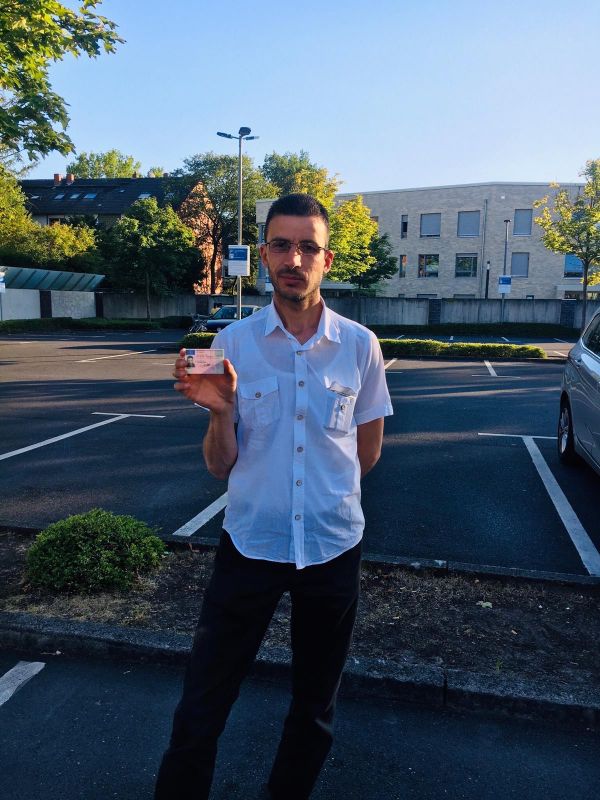
Can you get updates on the people that you have tipped?
We’re working on that. What I envision is that it’s the same thing as when you order a package online and you can trace it: you’ve sent it and now it’s at tip me, now it’s in the bank account of the worker, now one of the workers has opened his own store. We are doing that currently over Instagram. For the first company that we worked with, they produce fashion products with Syrian refugees, one of them made his German driver’s licence and so we posted a picture of him posing in front of his car which is great.
What I find so great about tipping people is that you empower them directly, you appreciate the work that they do and you just say thank you and do whatever you feel is right. They make the best decisions, they know what’s most important for them. We see that children’s education is fostered, we see that people open small business and that’s just much more than we could wish for.
Do you feel that change is happening?
I think change is really really happening, especially in Germany. As part of the whole Fashion Revolution Who Made My Clothes Movement, there is now a new law that is going to be passed which is called the Supply Chain Law and it requires all bigger companies that have more than 500 employees to make sure that human rights are respected in their entire supply chains. And that’s a total game changer.
I’m still not 100% sure it’s going to happen but there is movement, and if it doesn’t happen on a German level it’s going to happen on an EU level. And if it is going to happen on a German level then it’s definitely going to happen on an EU level! I really see a lot of progress right now.
This interview has been shortened and edited.

Beatrice Tridimas
Bea is a content writer and editor based between Hampshire and London. When she’s not diving deep into the ethics of the fashion industry, she’s writing book and theatre reviews with a steaming cuppa to hand. You can keep up to date with her writing projects via her twitter @bea_trid
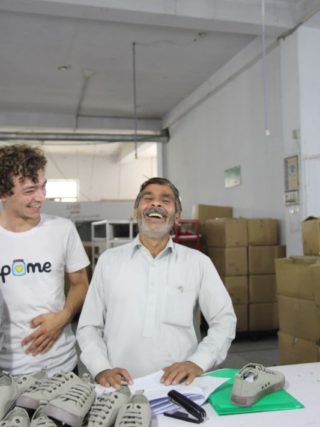
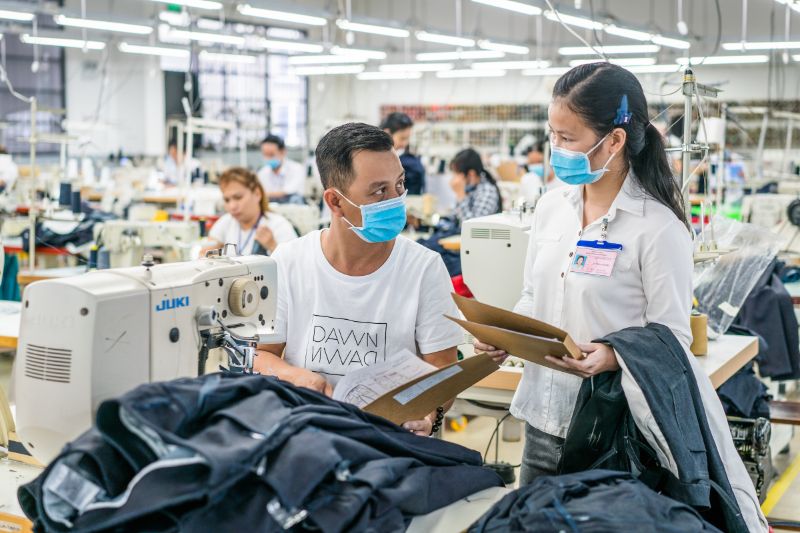
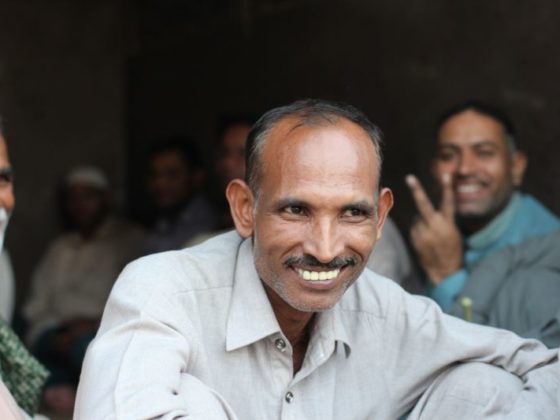


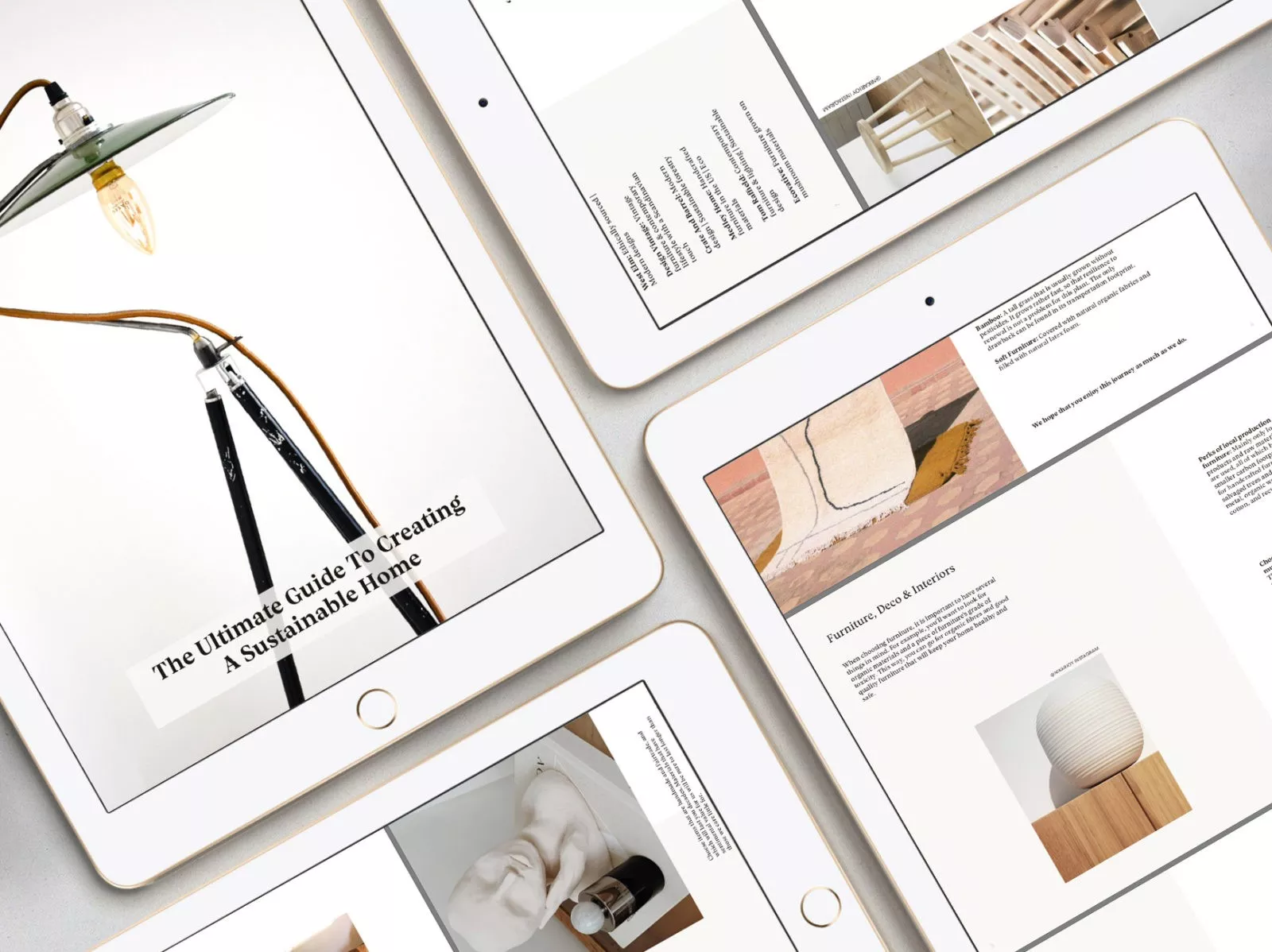






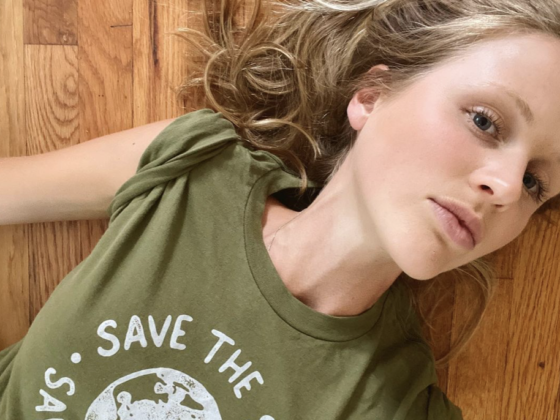
1 comment